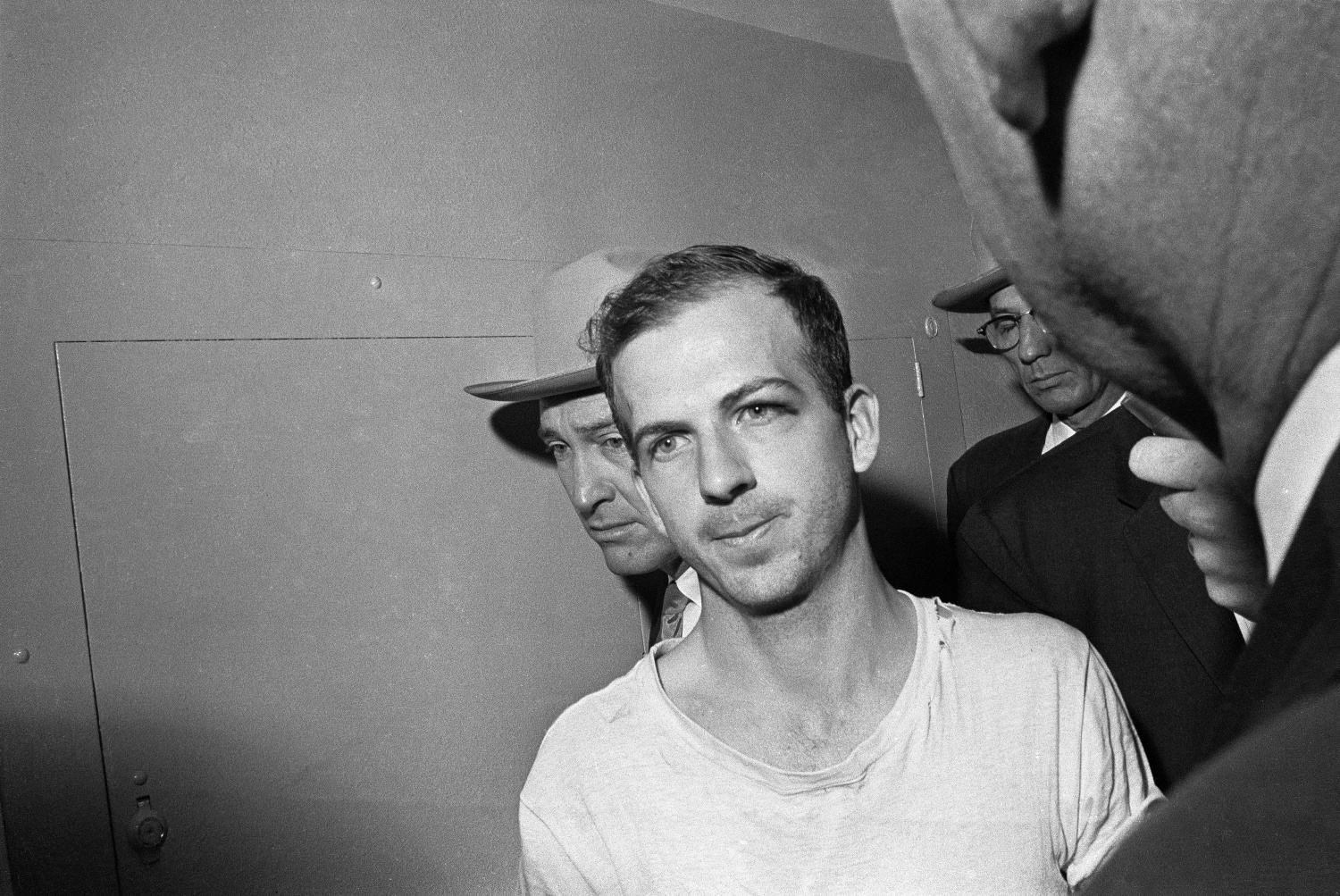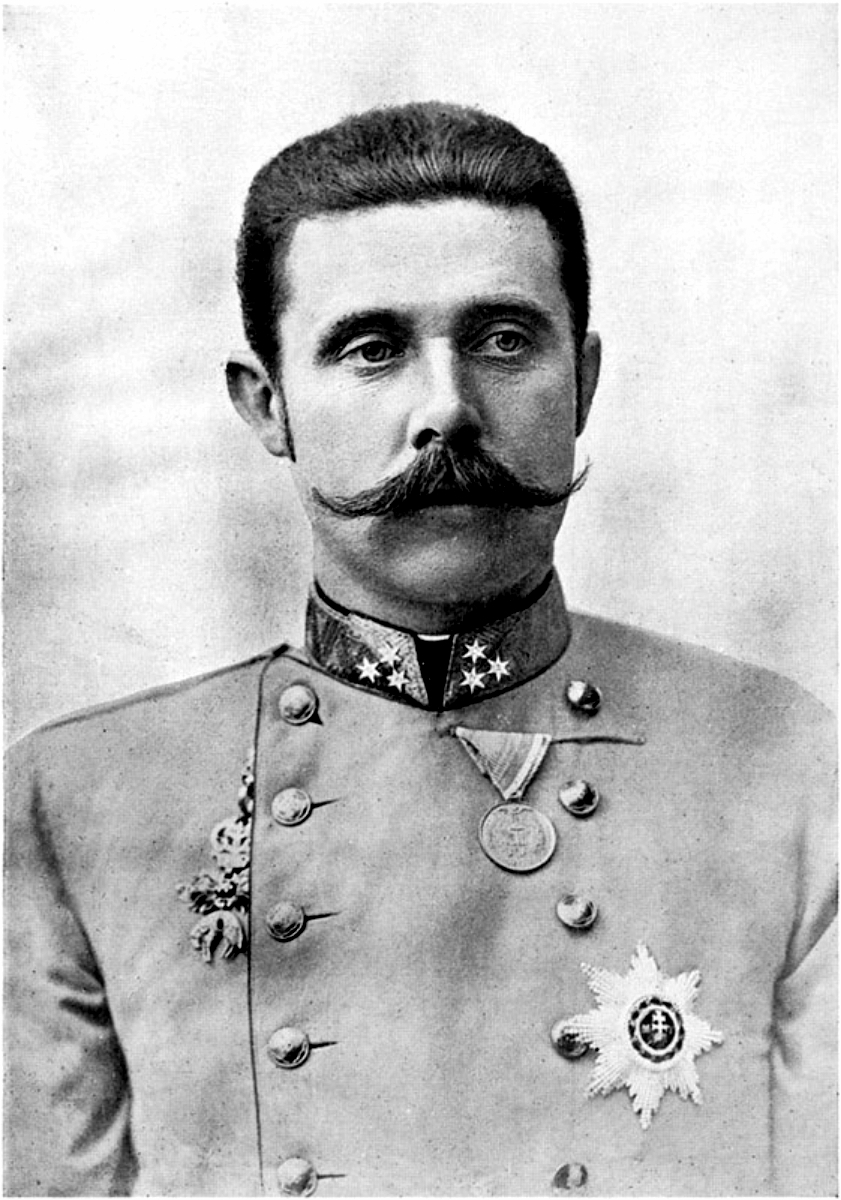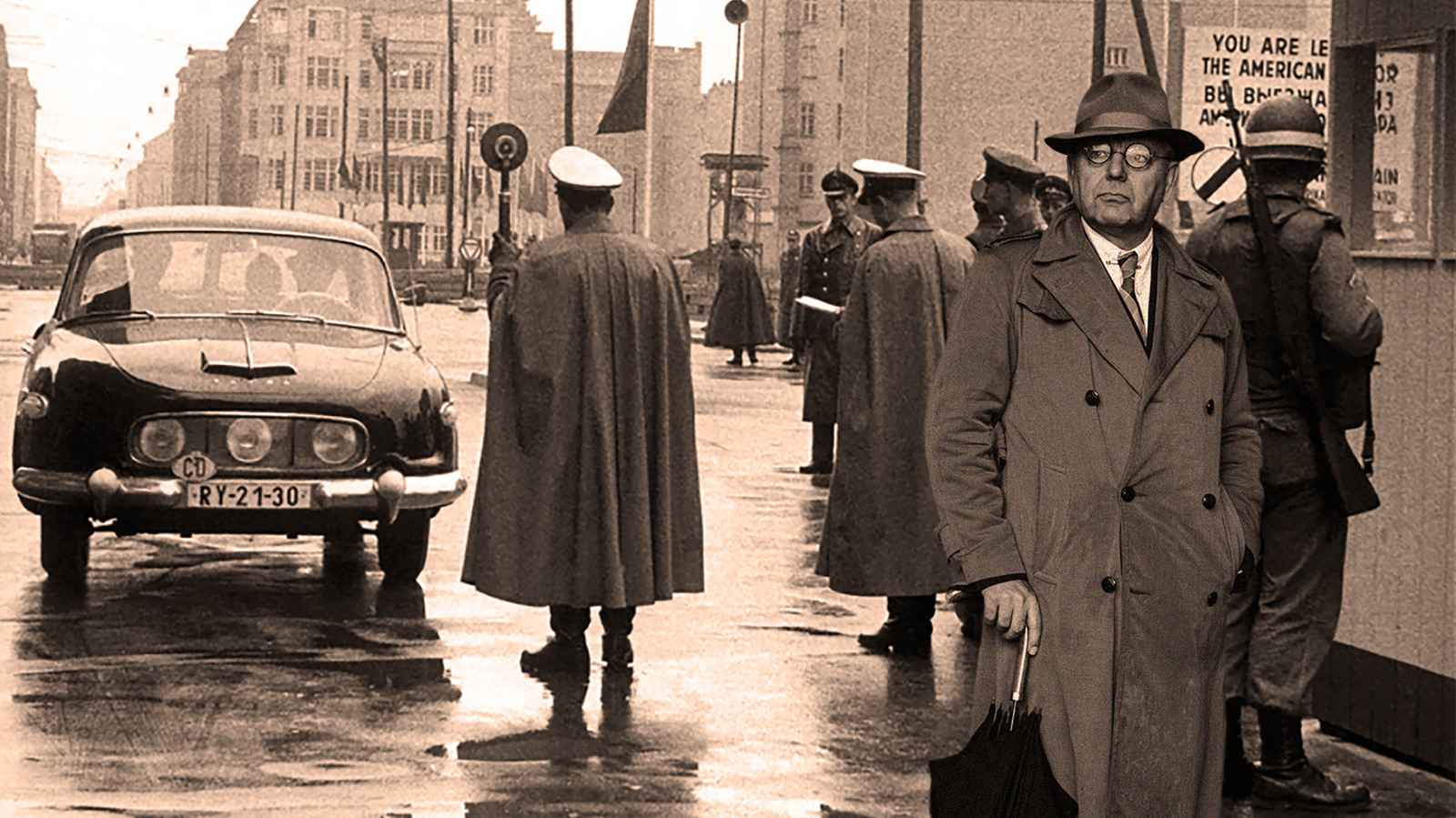From Power to Tragedy: Famous Murders in History You Should Know
Throughout history, certain famous murders in history have left an indelible mark on society. These shocking crimes, often involving public figures or key political actors, didn’t just make headlines — they altered the course of nations. A single act of violence has the power to ignite revolutions, collapse empires, or spark global outrage.
In this article, we’ll explore five of the most notorious killings that changed the world forever. From political assassinations to high-profile tragedies, these cases are more than just dark tales — they’re turning points in history.
The Assassination of John F. Kennedy: A Turning Point in Modern History
On November 22, 1963, the world stood still as President John F. Kennedy was fatally shot during a motorcade in Dallas, Texas. His assassination not only shocked the United States but also fueled decades of speculation, investigations, and conspiracy theories. For many, it marked the end of American postwar optimism.
The Murder of Archduke Franz Ferdinand: The Spark That Ignited World War I
What seemed like a regional crisis rapidly spiraled into a catastrophic war involving major powers across Europe and beyond. The murder exposed the fragility of early 20th-century diplomacy and the volatile mix of nationalism and imperial ambition.


Among the most infamous famous murders in history, this event stands out not for its secrecy or conspiracy, but for its explosive geopolitical consequences. One act of violence forever reshaped borders, regimes, and global relations.
Julius Caesar’s Assassination: The Fall of a Republic
On March 15, 44 BC—known as the Ides of March—Julius Caesar was stabbed to death by a group of Roman senators, including his once-trusted ally Brutus. Their goal? To save the Roman Republic from what they saw as the rise of a dictator.

Ironically, Caesar’s assassination led not to the revival of the Republic, but to its collapse. The murder plunged Rome into a brutal civil war, paving the way for the rise of the Roman Empire under Augustus.
Among famous murders in history, this one is a defining moment—when one death tipped the balance of power and changed the course of Western civilization. The phrase “Et tu, Brute?” still echoes as a symbol of betrayal at the highest level.
The Assassination of Martin Luther King Jr.: Silencing a Dream
On April 4, 1968, civil rights leader Martin Luther King Jr. was fatally shot in Memphis, Tennessee. His death shocked the world and ignited riots across the United States. As a vocal advocate for nonviolent protest and racial equality, King had become a powerful figure challenging the status quo.
His assassination marked a turning point in the Civil Rights Movement—transforming him from a living leader into a global symbol of justice. While his voice was silenced, his message only grew louder in the aftermath.
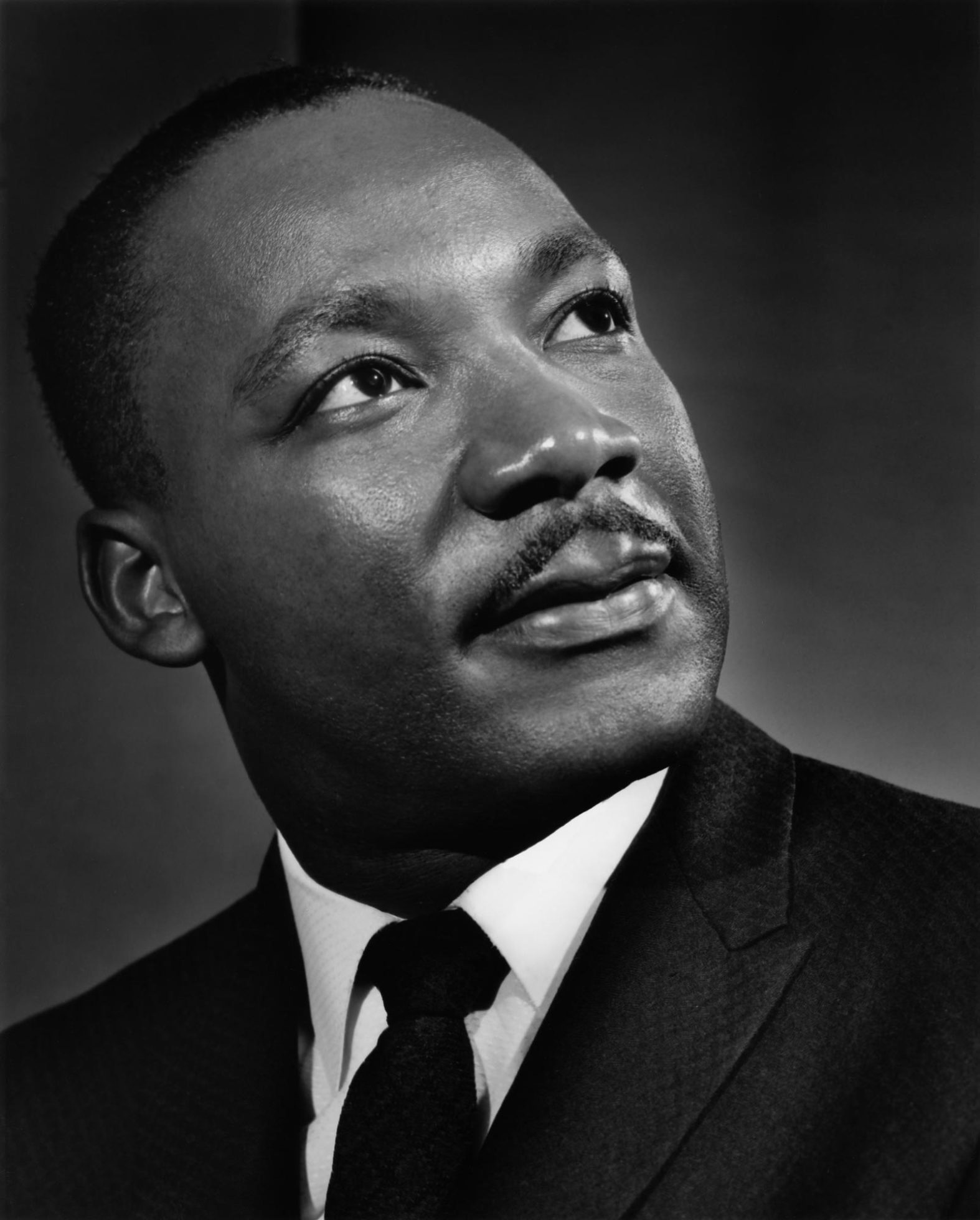
Among the most impactful murders in history, King’s death serves as a tragic reminder of how deeply political and social change can be met with deadly resistance.
Yitzhak Rabin’s Murder: Peace Interrupted
On November 4, 1995, Israeli Prime Minister Yitzhak Rabin was assassinated at a peace rally in Tel Aviv by a right-wing extremist opposed to the Oslo Accords. Rabin, a former general turned peace advocate, had taken bold steps toward resolving the Israeli-Palestinian conflict—efforts that earned him a Nobel Peace Prize and fierce opposition alike.
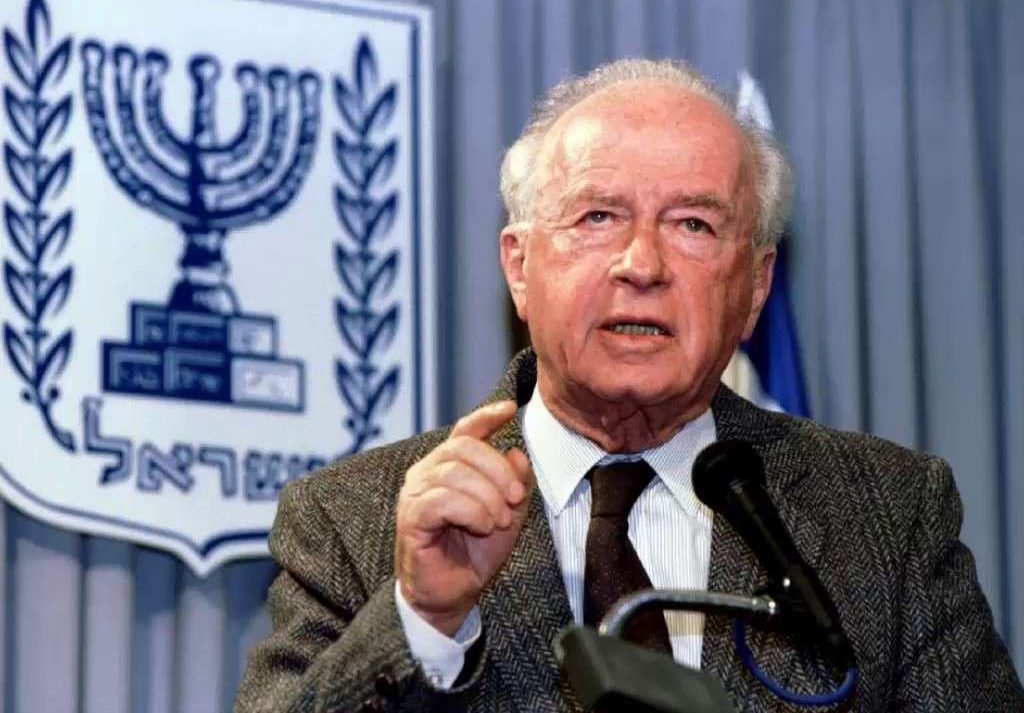
His killing didn’t just end a life; it derailed a fragile diplomatic process and plunged the region into further uncertainty. It was a grim example of how politically motivated killings can alter the course of history and freeze progress in its tracks.
Rabin’s assassination remains one of the most significant political murders in recent decades, a stark reminder of how peace can be shattered by a single act of violence.


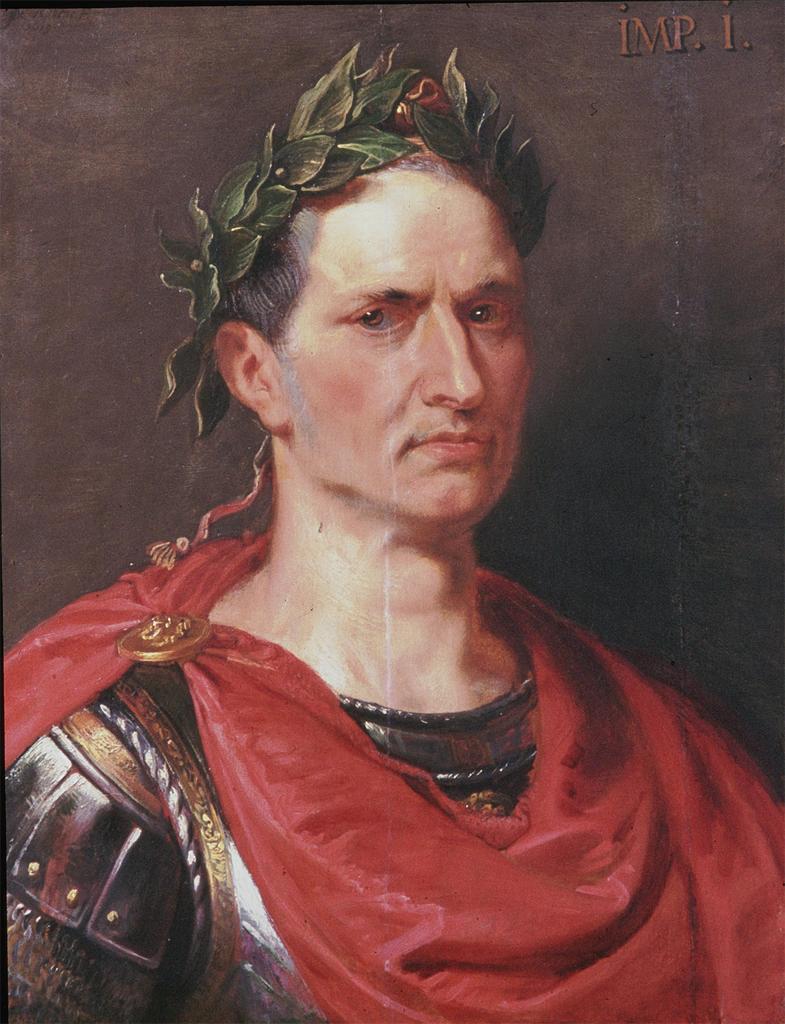
/mlk-56a48c765f9b58b7d0d78123.jpg)

